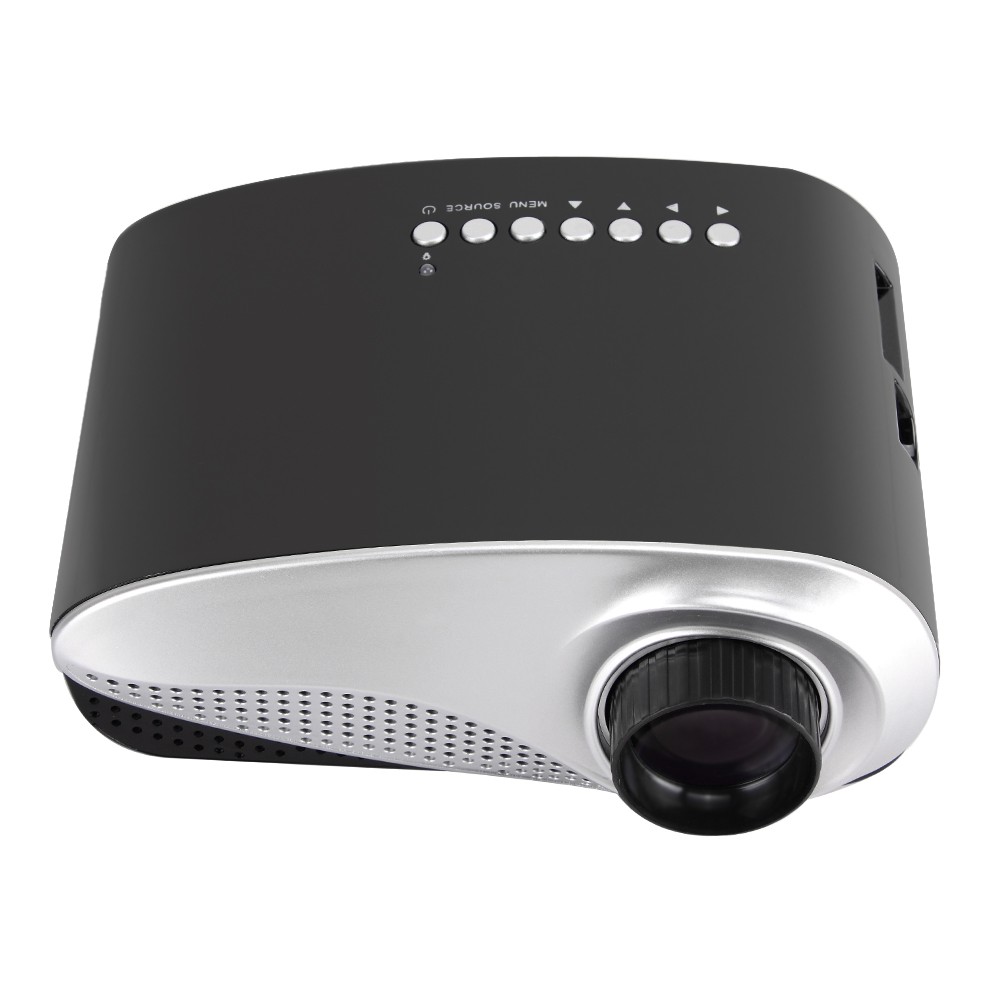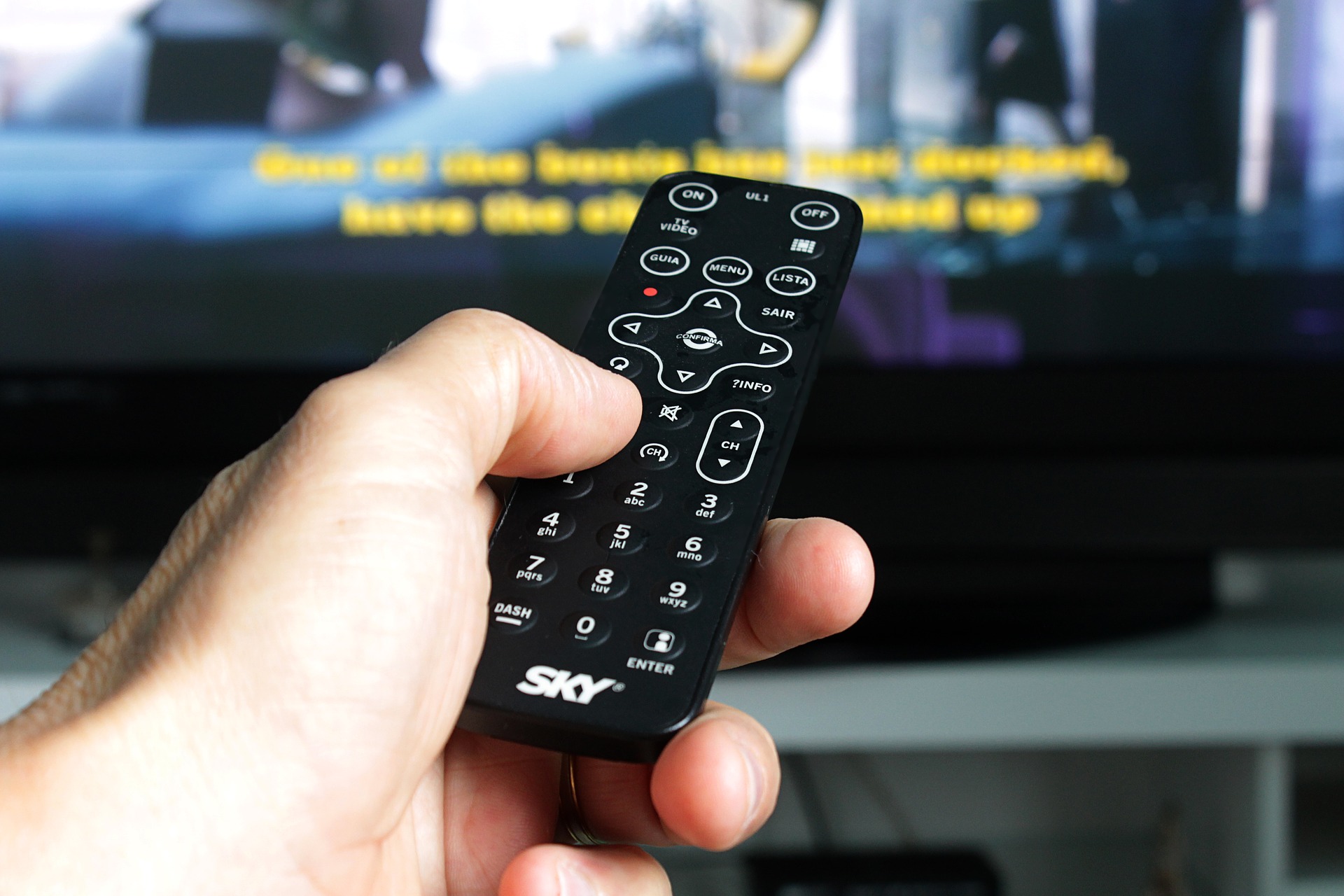We are right in the middle of a cold winter. Children might get excited when snow is in the forecast, but many of us find ourselves worrying about increasing heating bills. In fact, the average dual-fuel bill in the UK is £1,131. Many of us would love to cut our energy consumption, but there is a lot of conflicting advice about the best way to do this. Here is a look at how you can effectively reduce your consumption, decrease your carbon footprint and save money at the same time.
What to do with your heating when you are on holiday
Leave it on for short trips; it takes less energy to heat the house back up than it does to keep it warm.
Does turning up my thermostat heat my home faster?
No. Thermostats control the final temperature, not the speed that it takes to reach that. Doing this will result in a higher temperature than required, costing money as you may need to open windows to cool back down.
Where does our energy come from?
The National Academies has lots of information about this complicated subject. (http://needtoknow.nas.edu/energy/energy-sources/)
Should you place radiators under windows?
In the pre-double-glazing days, the radiator heated up the cold draughts before circulating them, but times have changed. If your windows need an overhaul, contact a Gloucester Double Glazing Company like https://www.firmfix.co.uk/.
Do I need to unplug it?
Yes, using your appliance on standby does waste money – an estimated £30 per year. However, for those of you who forget, the good news is that recent EU regulations state that all electrical products sold after 2010 must not have standby power greater than 1W.
The extravagance of bathing
While there are some variables within this calculation, a bath will use around 80 litres on average while a shower uses around 60 – as long as you can shave your legs and wash your hair in under five minutes. A power shower could use a whopping 130 litres.
Electricity in the wee hours
For most people, it doesn’t matter what time you choose to wash your knickers. However, those on time-of-use tariff, such as Economy 7, should invest in an alarm clock. Your electricity will be cheaper in off-peak, unsociable hours, but the exact times will depend on your meter, tariff or region.




